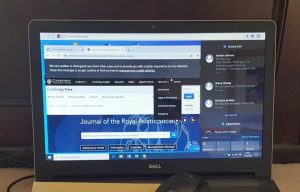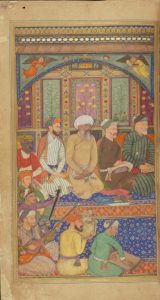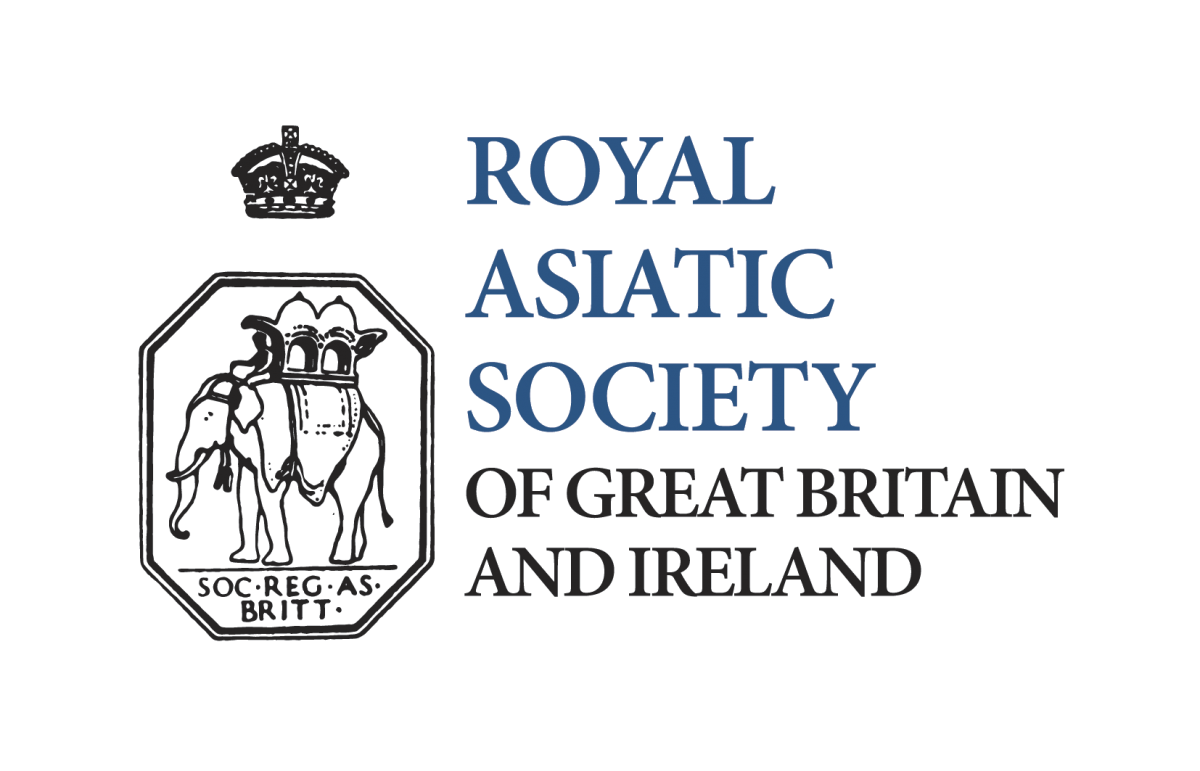From London to China via South Asian Heritage
This week sees a number of different items, from both the Society and from people associated with it. We start with good news from Charlotte de Blois, our Journal Executive Editor:
Our spring issue of the JRAS is now available on Cambridge Core
The scope of the JRAS is broad, covering the length and breadth of Asia from ancient times up until 1990. It is therefore inevitable that some eras and areas are emphasised over and above others. Our special issues tend to concentrate on periods, topics and places that are currently receiving attention in mainstream research and university syllabi, while regular issues containing stand-alone articles refresh and provide balance as they fill the various nooks and crannies of our remit not always visited quite so often.
Our spring issue does exactly this. Currently we have available on Cambridge Core , Issue 2 of our 2020 volume with articles by Vicente Dobroruka, ‘Mithridates and the Oracle of Hystaspes: Some dating issues’; Sergey Minov, ‘Friday Veneration among Syriac Christians’; Haggai Mazuz, ‘Revisiting the Islamic Laws of Istihada’; Marijn van Puttin, ‘Hisam’s Ibraham: Evidence for a Canonical Quranic Reading Based on the Rasm’; Gagan Sood, ‘Knowledge of the Art of Governance: The Mughal and Ottoman Empires in the Early Seventeenth Century’; Muhammad Q. Zaman, ‘Political Power and Religious Authority; Caliphate in 18th Century Islamic thought’; Isha Dubey, ‘Between “Everyday” and “Extraordinary”; Partition violence and the communal riots of 1946 Bihar’; Daniel Choi, ‘The Baptist Endeavours in Biblical Translation in China before the Chinese Union Version’; and John N. Crossley, ‘An unexpected excursion: the first account of Spaniards in Ayutthaya’.

As regular Journal readers will be aware, our publishing partner CUP has decided to suspend all print publication until the world comes out of lockdown but we wish to reassure Fellows, yet again, that this issue will be available in the print form in the future. As we do not know yet when this will be, we would urge you, in the meantime, to read it online. If any Fellow experiences difficulty in gaining access to articles in the latest JRAS issue please let us know. Non-Fellows will see that, as is usually the case, they are able to access individual articles online for a fee of £20.
~ ~ ~ ~ ~
RAS Librarian, Edward Weech, was recently interviewed by Faith Williams of Max Communications for their 2020 podcast series. Max Communications host and maintain our Digital Library and they were keen to find out about the varied collections that the Society hold and how we care for them and give access to researchers. The podcast is available for anyone to listen, so if you are also interested in our Collections, then please follow this link.

~ ~ ~ ~ ~
And continuing on the theme of Collections, we are delighted to have received, during lockdown, the donation of a small number of papers connected to Edward Conze, the Buddhism expert and translator of the Sanskrit texts from the Prajñāpāramitā tradition. These have been catalogued and this is available on Archives Hub.

~ ~ ~ ~ ~

July 15: Alfreda Murck, on “The secrets of China’s most famous brush painting, revealed through digitization”.
July 22: Frances Wood on “Mahjong in Maida Vale: the Chinese intellectual community in the United Kingdom, 1930s-50s”.
July 29: Professor Hans van de Ven on “China’s Maritime Customs Service: Robert Hart and China’s Globalization”.
August 5: Professor Arne Westad on “The origins of reform and opening in China in the 1970s”.
